Registers.app Blog
Welcome to the Registers.app blog! Here you will find a range of articles that explore the wonderful world of linked reference data. Together we will look at the various tools and features that Registers.app has to offer and make sure that you’re getting the most out of all the available datasets.
Trials and tribulations of creating a schools register
 Owain Jones
Owain Jones
We look at the data modelling process behind creating a UK-wide register of educational institutions and some of the lessons learned about to make combining multiple disparate data sources easier.
Why schemas matter
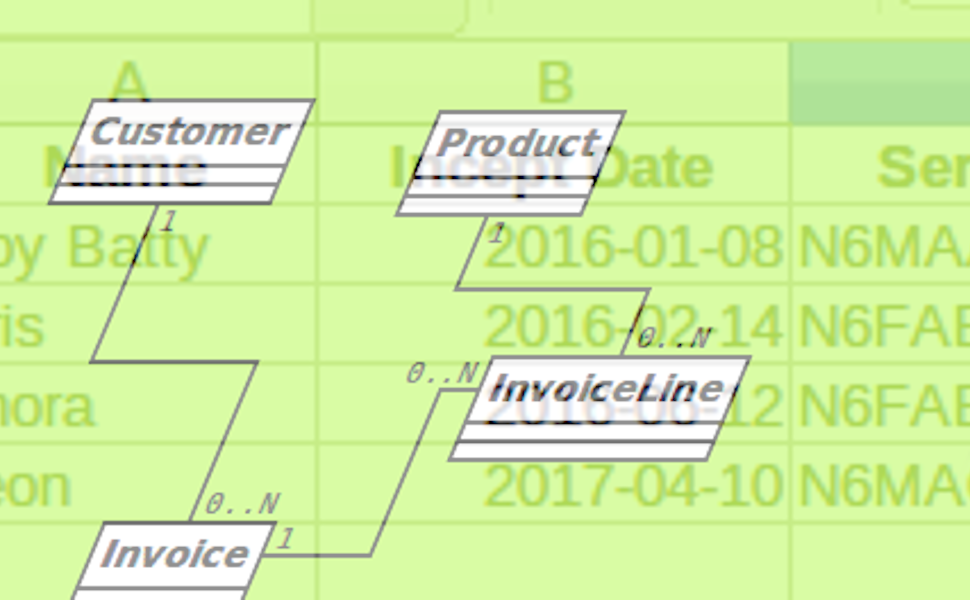 Alaric Snell-Pym
Alaric Snell-Pym
Register Schema technology will be used to support powerful data import, processing, and exploration features that will streamline the sharing and managing of high-quality reference data.
GOV.UK Registers are still on Registers.app
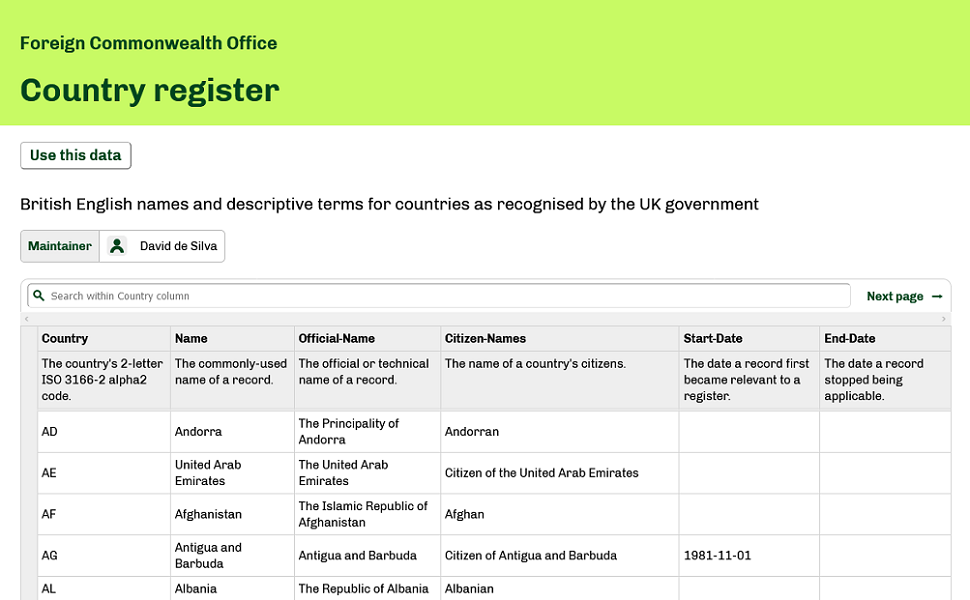 Nisa Chitakasem
Nisa Chitakasem
GDS have announced that the GOV.UK Registers service and API will no longer be available, but all 51 of the UK Government registers will still be available on Registers.app.
5 tips for creating a great Register
 Nisa Chitakasem
Nisa Chitakasem
What makes a great, best-in-class register? We share five tips for register custodians on how to make their data high-quality, trustworthy and useful.
The next step after a data strategy
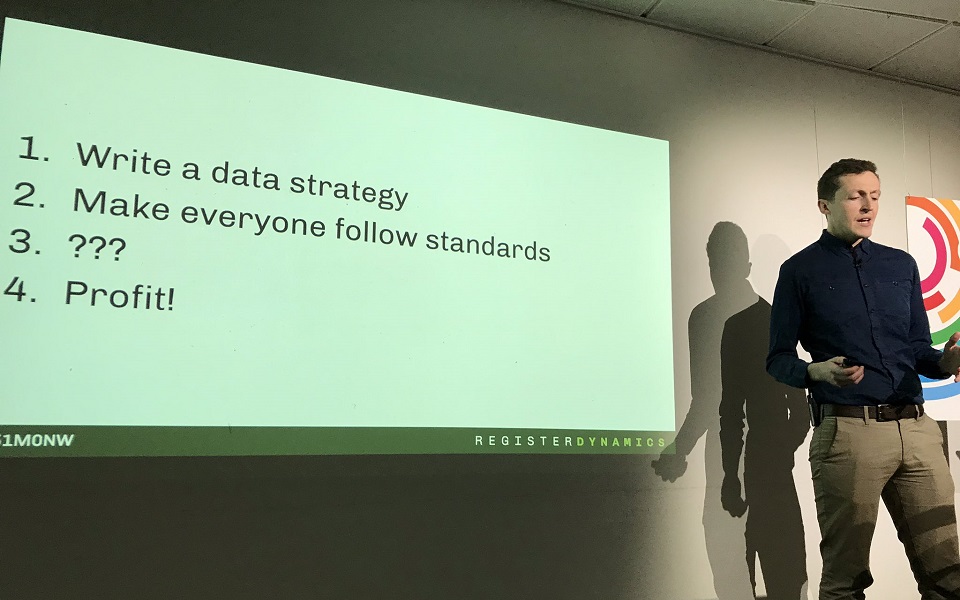 Simon Worthington
Simon Worthington
We've helped many organisations transform their approach to data and deliver on their data strategy. We’ve learnt lots of lessons with them along the way about why they get stuck with implementation. In this first of a trilogy of articles, we'll share the problems we've helped organistions overcome on their data transformation journey.
Custodian Spotlight: Gillian Hall
 Nisa Chitakasem
Nisa Chitakasem
In the second of our Custodian Spotlight series, Gillian Hall from DWP explains how their important Jobcenter Registers are managed and used, and shares some insights on working with Unique Property Reference Numbers (UPRNs).
Why custodians need self-serve tools
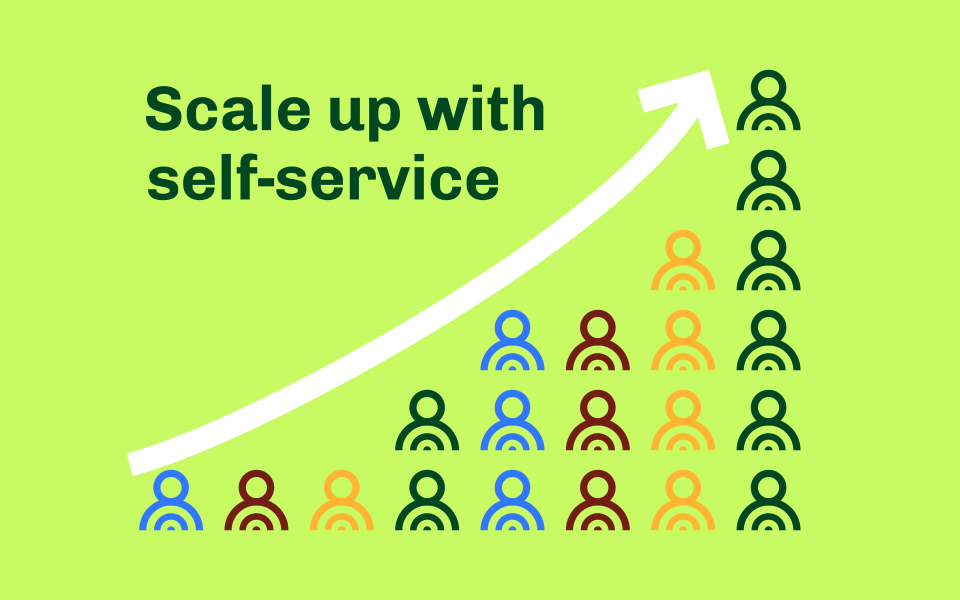 Simon Worthington
Simon Worthington
Cultural change around data without self-service custodianship is hard to achieve. Central data teams need to provide simple tools to custodians in order to scale their architecture and governance to a whole organisation. We've identified three key features that self-serve tools need in order to build and manage canonical datasets.
Open data via open Registers
 Nisa Chitakasem
Nisa Chitakasem
Open registers are one way to create and share more open data with the world. The challenge is in making these open datasets work together, keeping them safe, secure, and up-to-date and making sure that they are scalable. We believe that we've made a good start by creating a platform to house such data.
Custodian Spotlight: Mark Coram
 Nisa Chitakasem
Nisa Chitakasem
In the first of our spotlight series on custodians, Mark Coram from MHCLG gives us some tips on managing important data and explains some subtleties in keeping his Local Authority Name and Local Authority Type Registers up to date.
Excel yourself with our web spreadsheet editor
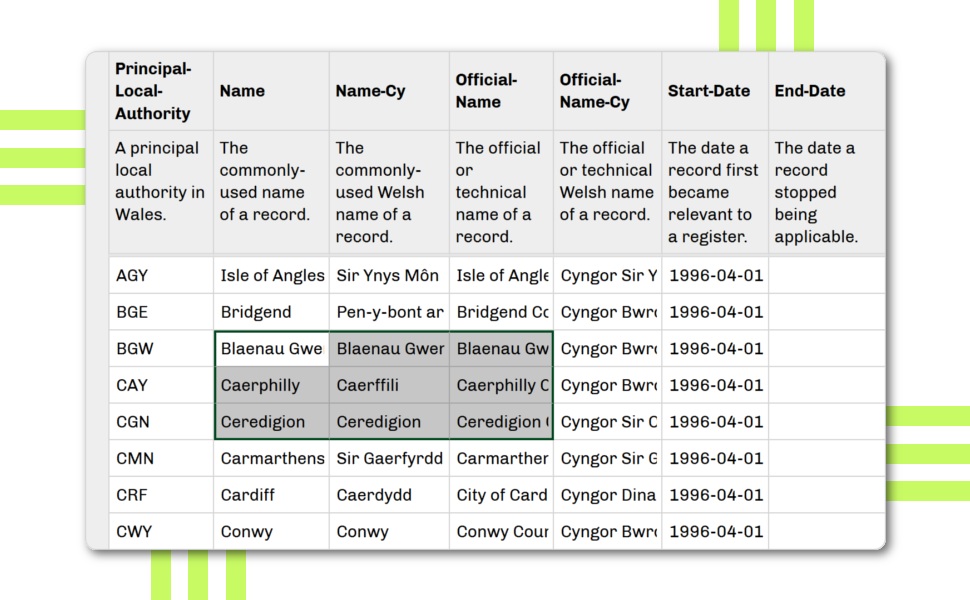 Simon Worthington
Simon Worthington
We wanted to use a spreadsheet interface to let our users feel at home editing Registers. But we needed an editor that was similar to desktop office apps but didn't confuse users in areas that Registers and spreadsheets differ. So, we built our own spreadsheet widget and we're now using it everywhere in Registers.app.
How to keep data up‑to‑date at scale
 Simon Worthington
Simon Worthington
Keeping important data up-to-date is critical. Organisations commonly centralise their key data – but this creates three hard problems. In this post, we explore a better way of keeping data up-to-date that keeps data scalable and flexible.
What is a Register?
 Simon Worthington
Simon Worthington
You’ve probably heard the R-word several times before, but may never have had a concrete explanation of what a Register is. In this post, we explore some of the properties that make a Register an excellent fit for holding important shared data.
Solving conundrums of spreadsheets at scale
 Simon Worthington
Simon Worthington
Organisations of all sizes struggle to manage their important, canonical data and face constant tension around using spreadsheets. Our conclusion is simple: spreadsheets don’t work at scale. What if teams producing canonical data could continue to use their spreadsheets and others who need that data could consume it in a machine-readable, updatable and flexible way?
Open Permits and the power of open source software
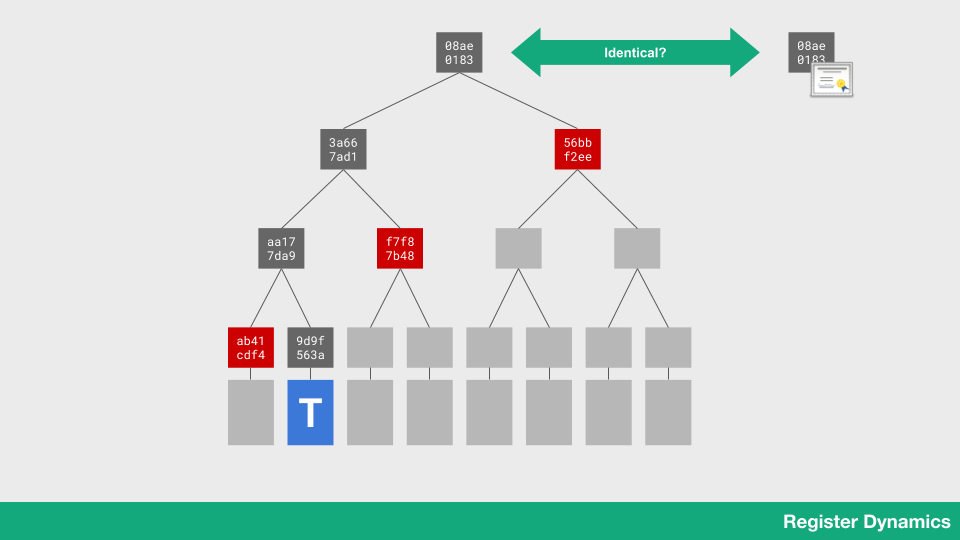 Simon Worthington
Simon Worthington
What if we can do more with physical proofs? What if we encode permits in a machine-readable way that also allowed the data to be verified as accurate? I’ve taken the open-source Registers technology that lets people build secure lists and packed individual items into QR codes, and then built a scanner app that runs on a smartphone and can read and verify the data.
Registers are everybody's business
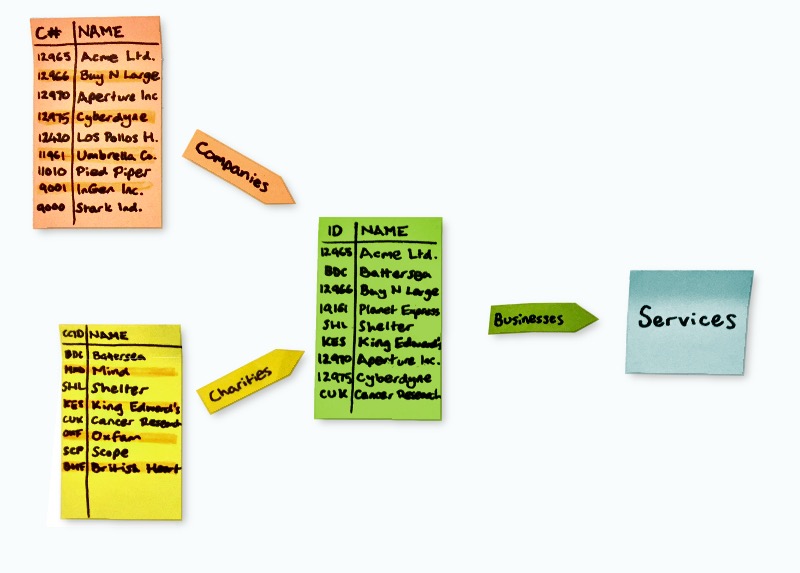 Andy Bennett
Andy Bennett
Building useful things requires useful data. Data that remains locked behind propietary APIs in outdated formats and can’t be automatically kept up-to-date makes building next generation services tricky, error prone and time consuming. This blog post discusses some of the issues through the lens of creating a list of businesses in the UK and proposes a solution that allows data to flow more freely whilst offering far stronger accountability than today’s data sources.